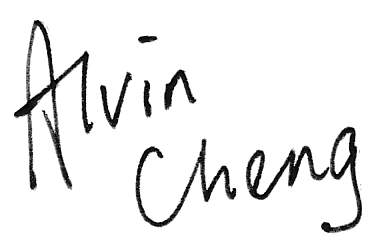Vulnerability is not necessarily bad!
Humans are not machines. They can live up to a hundred years, and usually 80 years if you talk about life expectancy. This means we can’t have no mistakes or weaknesses throughout our life, and even though we can improve, we can’t be totally perfect!
Vulnerability is inevitable in our life. Ignoring it won’t make vulnerability fade away, and in fact, being vulnerable is not totally a bad thing.
I read a book called Daring Greatly written by Brené Brown a few years ago. She said we need to face it, but feeling ashamed leads us to attempt to shut the vulnerability (at all cost) because we fear of failure and think we are never enough. We even don’t want to admit our vulnerability to others especially whom we trust.
When I was sexually assaulted last week, I did not hesitate to share my case to my family, my landlord/flatmates (who are trustworthy) and some of my friends. I did also share on Instagram Story that the author may not agree with due to the possibility of oversharing, but I still connected a lot of people especially those who had or witnessed similar experiences before..
According to Brené, feeling ashamed is different from feeling guilty, since the latter means one won’t do something again which is wrong, but will still do something else which is not. You can say feeling ashamed can be worse than guilty because one won’t do almost everything due to lack of confidence and care too much on what other people think.
Remaining in the safest place, in the short run, will effectively prevent bad things to happen, but in the long run, various great opportunities from good human relationships to better self will be missed because trying to do nothing means giving up practices, improvements, as well as social connection and support. That’s why Brené said, “When you shut down vulnerability, you shut down opportunity.”
Vulnerability is a kind of authencity, and no one is totally independent. The world is always full of uncertainty and so we can’t cope with challenges successfully every time. Even men can collapse and cry, but social expectation does confuse us to become a perfect, mature adult.
The reality is, we need to help others while we need to let others help us when in need. Love and support usually happens when one is vulnerable. If we talk, we will see others who have the same experiences. At least we are not alone. If we choose to not talk, some problems who can be fixed right now can be delayed, and more people will suffer.
Crimes of sexual assault keep insulting others because they find victims won’t share their cases. Crimes go on because victims are so silent that they miss any social support. Crimes also acknowledge people surrounding the victims avoid talking about. For crimes they are really successful because they can make others more miserable — they are better than victims — and their success motivates them to hurt more people.
I was told that when being sexually assaulted I could do something to make them fear of me (like screaming HELP), but this is something which is not easy to learn. Alternatively social support is a very good way since connection involved, as Brené Brown said, “is the energy that is created between people when they feel seen, heard, and valued; when they can give and receive without judgment”.
So we should acknowledge that we have to be aware if we choose to be dying in the long run, and the ultimate solution is to live in a connected life, not to flight. Sharing vulnerability doesn’t mean showing our weaknesses and preparing to be laughed at. Yes not everyone will help and even turn away from you, but you will eventually find true love, respect, trust and support from some people. These people accept your vulnerability and help you grow!
I am grateful for those who supported me after the incident!

